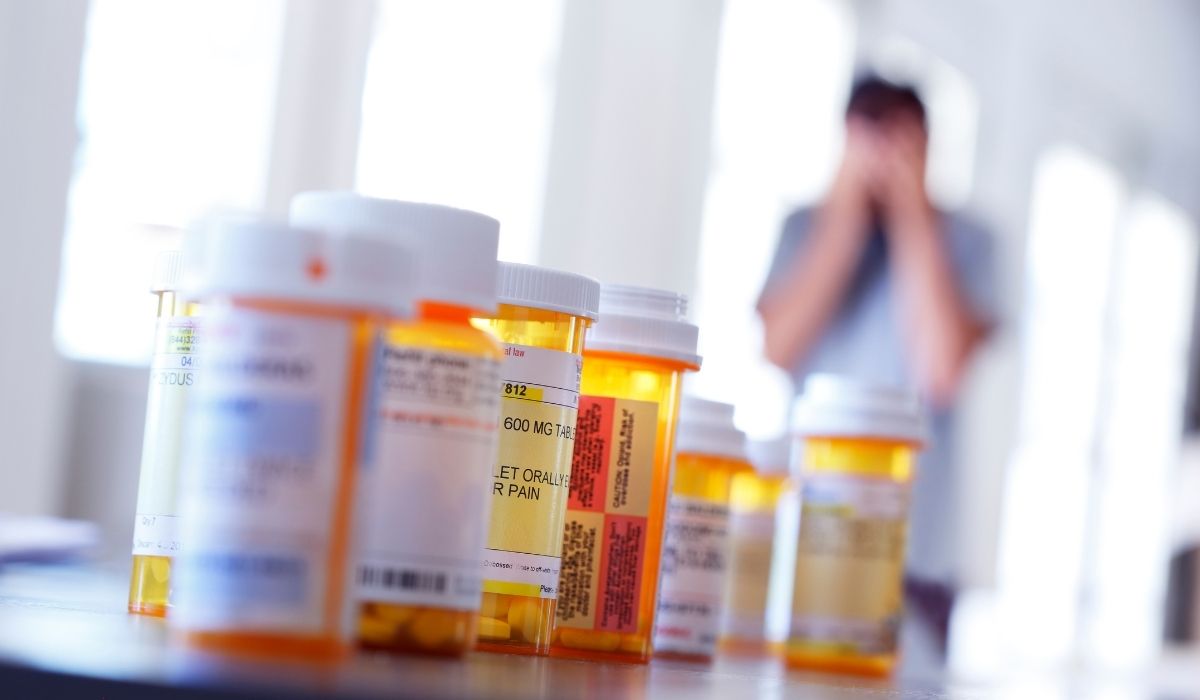Understanding Heroin
Heroin is a drug made from opium, a natural substance found in certain poppy plants. While some people think of heroin like methamphetamine or other stimulants, heroin actually belongs to a different group of drugs. It is an opioid, which means it slows down the central nervous system (CNS) and body functions.
When someone asks, “Is heroin a stimulant or depressant?” the clear answer is: heroin is a depressant.

What Does Depressant Mean?
A depressant drug does not mean it makes a person sad. Instead, it slows down messages between the brain and the body. Depressants affect the nervous system by lowering activity. This can lead to:
-
Slower breathing
-
Feelings of calm or relaxation
-
Sleepiness or drowsiness
-
Lowered heart rate
Heroin, like morphine and Vicodin, belongs to this group.
Why People Confuse Heroin with Stimulants
Some people think heroin acts like a stimulant because it can cause a short rush of euphoria (intense pleasure). But stimulants like methamphetamine or cocaine speed up the body, increasing heart rate and energy. Heroin does the opposite — after the brief high, it slows the body down, which is why it’s a depressant.

How Heroin Affects the Central Nervous System
The CNS includes the brain and spinal cord. When heroin enters the body, it quickly changes into morphine and attaches to opioid receptors in the brain. This causes:
-
Pain relief
-
Feelings of warmth and calm
-
Slowed breathing and heart rate
-
Possible confusion or drowsiness
If too much is taken, it can become a medical emergency because the body may slow down too much, leading to coma or even death.
Short-Term Effects of Heroin
When heroin is used, it creates powerful changes in the body and mind. Some short-term effects include:
-
Rush of euphoria
-
Heavy feeling in arms and legs
-
Nausea or vomiting
-
Itching
-
Relaxation
-
Slowed breathing
These effects make the drug very dangerous because people may not notice how much it slows their body.
Long-Term Effects of Heroin
Using heroin for a long time harms the body’s organs and health. Long-term use can cause:
-
Liver and kidney damage
-
Higher risk of infectious diseases from needle use
-
Mental health struggles like depression and anxiety
-
Poor education, job loss, and family neglect
-
Trouble with memory and decision-making
The disease of heroin addiction also changes the brain’s reward system, making it harder for people to stop.
Heroin, Addiction, and Substance Abuse
Heroin is one of the most addictive substances in the world. Addiction happens when the brain and body become dependent on the drug. People may feel they need it just to function normally. Signs of substance abuse and addiction include:
-
Using heroin even when it harms health or relationships
-
Strong cravings
-
Withdrawal symptoms like sweating, shaking, or pain when not using
-
Ignoring work, family, or nursing responsibilities
This cycle can trap people, making it hard to escape without help.
Heroin and the Risk of Overdose
One of the biggest dangers of heroin is opioid overdose. Because heroin slows breathing, a person can stop breathing completely. This is life-threatening. Symptoms of overdose include:
-
Slow or stopped breathing
-
Blue lips or fingertips
-
Extreme confusion or inability to wake up
-
Possible coma
In these cases, naloxone, a medicine that blocks opioid effects, can save lives. Emergency responders, doctors, and even family members sometimes carry naloxone to prevent deaths.
Why Mixing Heroin with Alcohol Is Even More Dangerous
Many overdoses happen when heroin is mixed with alcohol or other depressants. Both slow down the nervous system, which increases the risk of coma or death. The liver also struggles to process both substances, causing further damage.
Treatment and Recovery from Heroin Addiction
Recovery is possible with the right support and therapy. Treatment often includes:
Medication-Assisted Treatment
Medicines like methadone help reduce cravings and withdrawal symptoms. These medicines act on the same brain receptors as heroin but in a safer way.
Counseling and Therapy
Psychology and mental health counseling help people learn coping skills. Therapy also supports healing from anxiety, depression, and trauma.
Nursing and Medical Care
Nursing professionals and doctors provide care during withdrawal and recovery, especially when the body and organs have been harmed by drug use.
Support Systems
Education, family support, and community programs all help prevent relapse and promote long-term healing.
The Role of Education in Prevention
Education about heroin is one of the strongest tools to fight addiction. Schools, communities, and healthcare providers teach about the risks of heroin and other opioids. Understanding how heroin works on the CNS helps people make better decisions about their health.
Why Recovery Matters
Recovery is not just about stopping drug use. It is about healing the body, mind, and spirit. With help, people can rebuild their lives, improve mental health, and avoid the dangers of overdose.
Final Thoughts
So, is heroin a stimulant or depressant? It is a depressant that slows the central nervous system. While it may cause a short rush of euphoria, the dangers are serious — from nausea and vomiting to overdose and damage to vital organs like the liver.
With the right therapy, education, and medical support, people struggling with heroin can find recovery and healing. Choosing health and support is the first step toward a better future.

Seeking Treatment? We Can Help!
We work with PPO Out of Network Health Insurance Policies
If you or a loved one are struggling with mental health challenges or substance abuse, reach out to Mountain Sky Recovery today. Our team of compassionate professionals is here to support your journey towards lasting well-being. Give us a call at 951-498-5412. Visit SAMHSA for more information.



